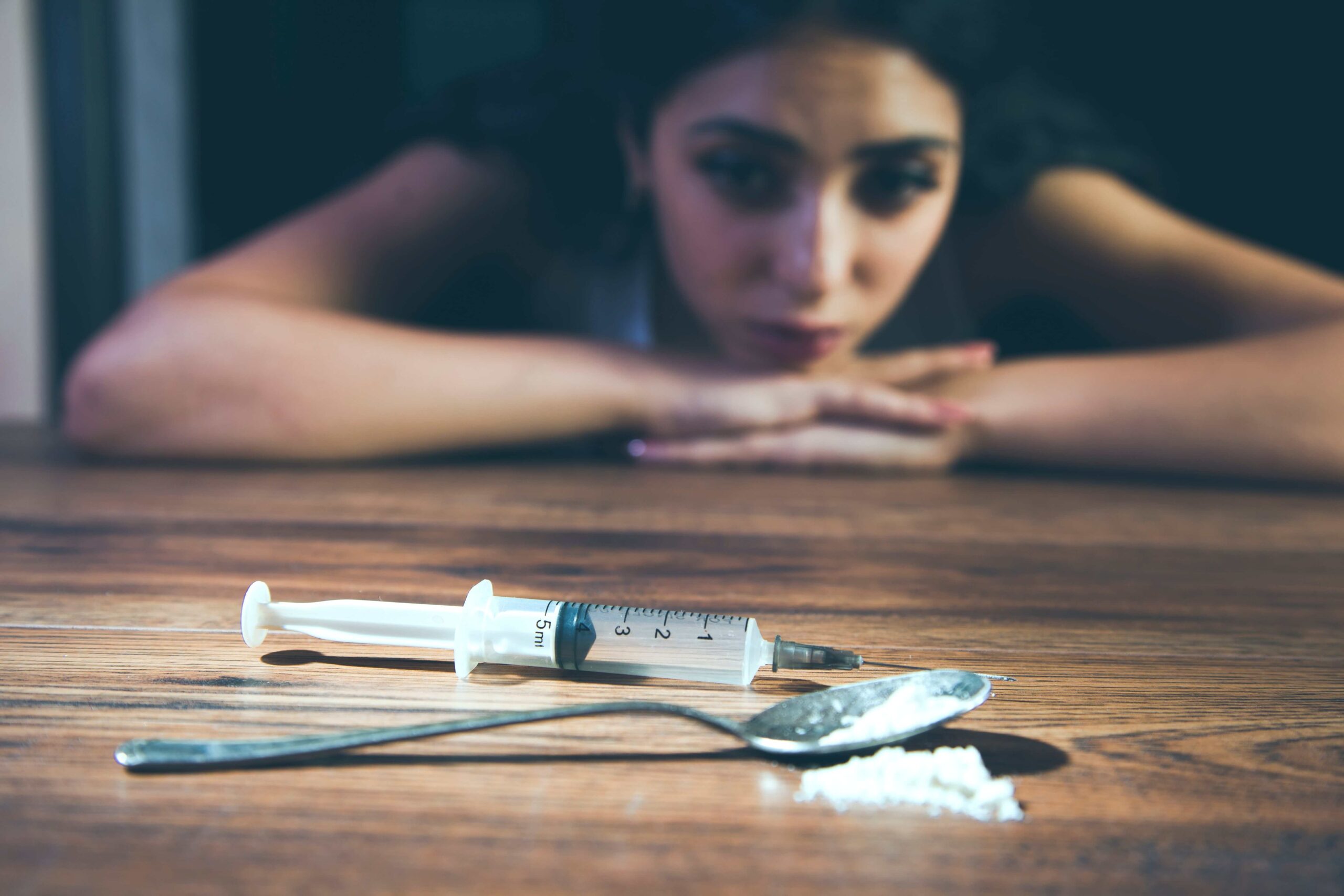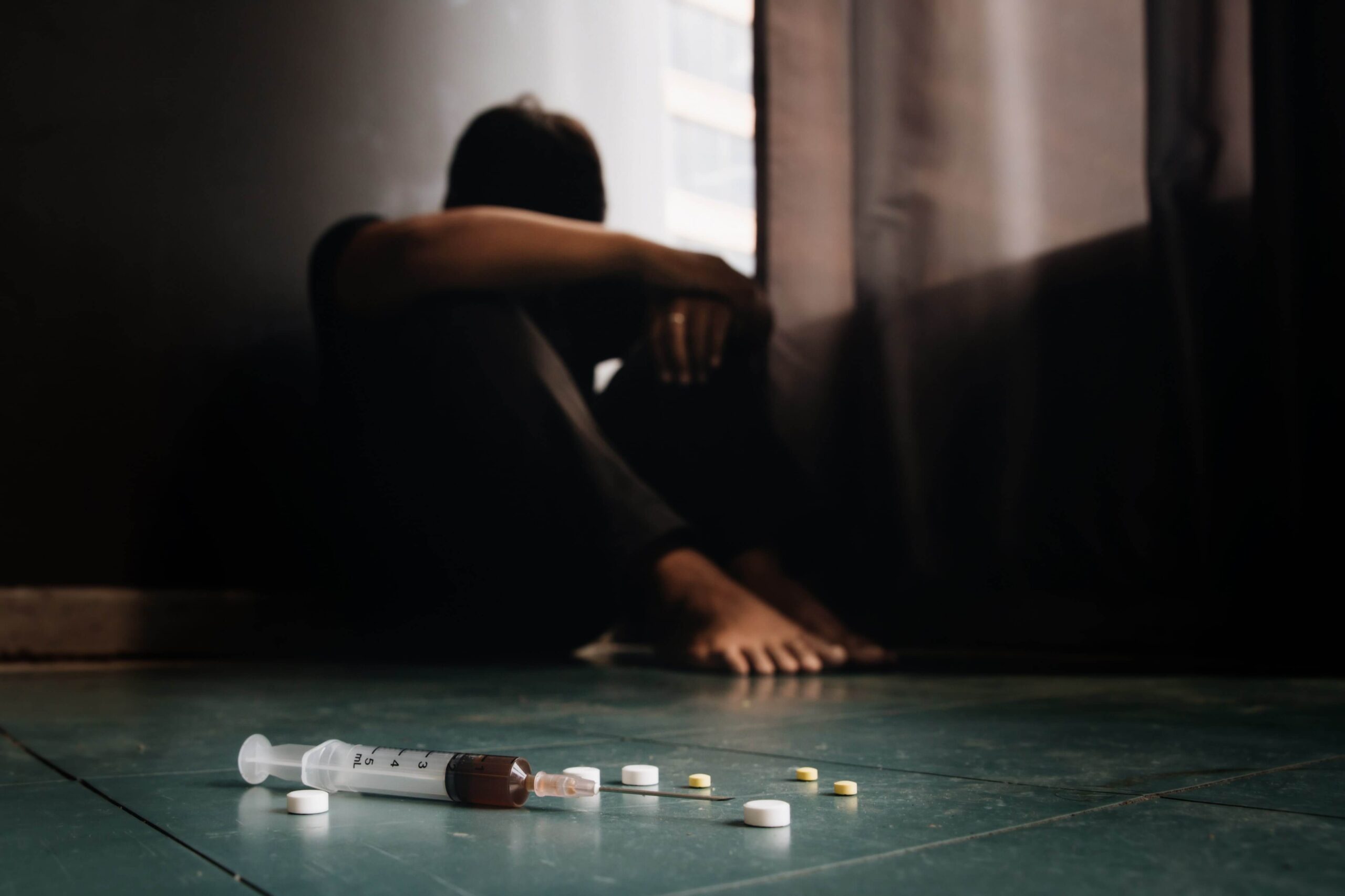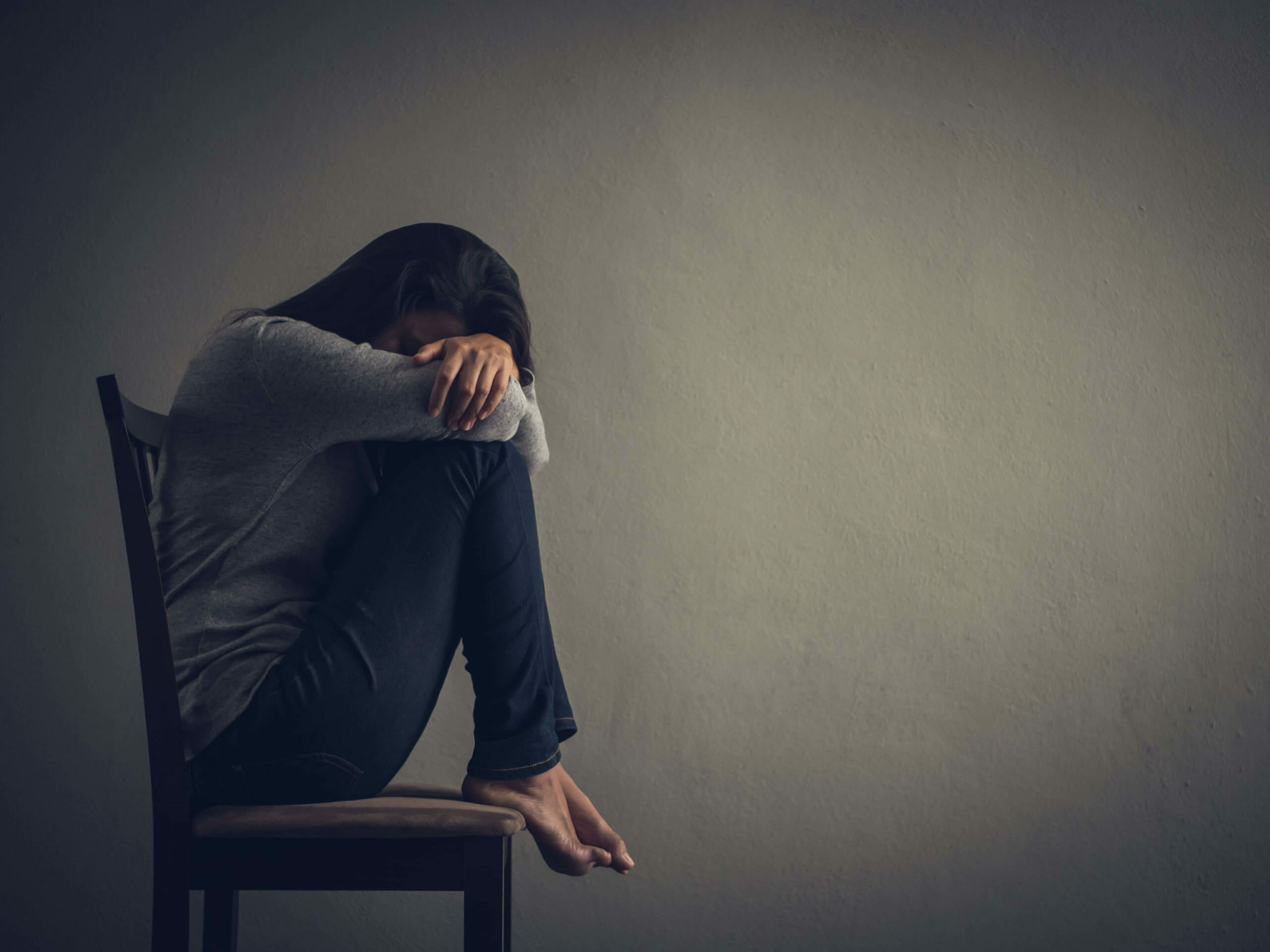Addiction is a life-crippling disease that hundreds of thousands, if not millions, of people in the US alone, contend with. Drugs have killed almost 1 million people since 1999. Alcohol, a widely normalized substance with tremendously harmful effects on the brain and body, causes 10 percent of deaths of people aged 15-49. Although drugs and alcohol have a deadly grip on our society, there are viable options to treat addictions of all intensities. These methods have, to date, included cognitive and behavioral therapies, contingency management, interventions, etc.
Addiction triggers, therefore, are an issue for patients and users that is important to address. Dealing with addiction triggers can be the key to getting sober and preventing relapses.
What Are Addiction Triggers?
Addiction triggers refer to the emotional and environmental situations that remind one either of drug use or the negative feelings of distress, pain, anger, frustration, etc. that may lead one to use drugs in the first place. Often, addiction triggers can be closely related to childhood traumas and mental illnesses aside from addiction that a patient may possess.
There are two types of addiction triggers: external triggers and internal triggers.
External Addiction Triggers
External addiction triggers are triggers that come from places, people, events, and any other outside influences that do not come from yourself. These triggers are relatively easy to handle, as they are tangible things in your life that you can work to remove or change. External addiction triggers can include people, places, activities, objects, and situations. Let’s discuss those in a little more detail…
- People. The company you surround yourself with inevitably will influence the way you think and behave. It is often necessary for recovering addicts to cut certain people out of their lives, due to strong emotions attached to a person, or a toxic relationship with said person. People you may need to avoid include former drug dealers, old friends with similar habits, coworkers or employers from a toxic work environment, toxic friends, family, spouses, or partners.
- Places. While in recovery, a trip down memory lane can be a source of dopamine. Revisiting the past is always a tempting and seemingly harmless way to fill the void left by drugs. However, this can be a gateway to eventually relapsing. After leaving a rehab facility, one is often placed right back into their hometown, where places become memories of—and triggers relating to—the past. Places to avoid may include former drug-use locations, former drug-stash locations, schools, worksites, bathrooms, bars, concerts/events, hotels, and specific neighborhoods.
- Situations/Activities. Everyone handles adversity differently, so the situations or activities someone in recovery will endure before relapse varies. However, it is important for anyone to understand what types of situations are more likely to pose a concern to an addict. Situations where someone in recovery should stay vigilant include parties, meeting new people, intimacy, payday, family gatherings, and losing a loved one.
Internal Addiction Triggers
Internal addiction triggers come from within. They are the emotions, feelings, negative thought patterns, etc. that may cause us to turn to drugs in order to numb some sort of pain, or perhaps stimulate some sort of feeling that is lacking in one’s emotional pallet. Internal addiction triggers are typically more difficult to address, as they are often related to deep-routed traumas or mental illnesses.
Internal addiction triggers can either be classified as negative feeling triggers or positive feeling triggers. Negative feeling triggers may be more obvious, and easier to be aware of.
Some negative feeling triggers can include:
- Fear
- Guilt
- Irritation
- Arrogance
- Anger
- Hate
- Jealousy
- Shame
- Depression
- Loneliness
Not only can negative emotions drive us to substance abuse but also, moments of intense “positive” emotions can also lead one to lower their guard regarding potentially relapsing.
Some positive feeling triggers can include:
- Celebratory Feelings
- Confidence
- Happiness
- Passion
- Strength
- Exhaustion
- Sexual arousal
- Feeling “normal”
In order to further understand addiction, addiction triggers, and how to cope with them healthily, we must briefly discuss the various stages of drug or alcohol relapses.
The Stages of Relapse
 There are three stages of relapse. Each stage leads to the next and eventually relapses. The three stages of relapse are emotional relapse, mental relapse, and then physical relapse.
There are three stages of relapse. Each stage leads to the next and eventually relapses. The three stages of relapse are emotional relapse, mental relapse, and then physical relapse.
1. Emotional Relapse
At the first stage of relapse, an addict is not yet thinking about or considering consuming drugs or alcohol. However, they have now relapsed into old negative patterns of thoughts and feelings. This could be the beginning of the end of a potential relapse. An emotional relapse may often come with a heavy emotional breakdown.
Warning signs of an emotional relapse can include:
- Bottling up emotions
- Avoiding recovery support group meetings
- Isolating from friends and family
- Poor eating and sleeping habits
- Going to meetings but not sharing
- Focusing on other people’s problems to avoid your own
- Mismanaging anxiety, anger, or other emotional problems
- Intolerance
- Defensiveness
- Mood swings
- Not asking for help
- Poor self-care emotionally or physically
- Not having fun while sober
2. Mental Relapse
If someone in recovery does not work on themselves when the first stage (emotional relapse) arises, then the imminence of transitioning into the mental relapse stage is highly increased. Once in stage two, an addict is in serious danger of the final stage: a physical relapse. Mental relapse is when emotions bring one to consider and envision going back to substance use. This is the stage where one mentally cracks, and begins teasing the idea of a physical relapse. It is here when a physical relapse becomes a viable option.
Warning signs of a mental relapse can include:
- Craving drugs and/or alcohol
- Thinking about or visiting people, places, and things associated with past use
- Minimizing consequences of past use or glamorizing past use
- Bargaining
- When bargaining, individuals think of scenarios in which it would be acceptable to use. A common example is on holidays or visiting family.
- Another form of bargaining is when people think they can relapse periodically, perhaps in a controlled way, for example, once or twice a year.
- Bargaining also can include switching one addictive substance for another.
- Lying to oneself or others
- Thinking of ways to control use, rather than quitting fully
- Looking for relapse opportunities (hanging out with old friends or missing meetings)
- Envisioning, and fantasizing about, using
- Planning your relapse
3. Physical Relapse
The final stage is the physical act of relapsing. When a person doesn’t address the symptoms of the first two stages, relapse is unfortunately imminent. However, a relapse is never the end. In fact, it is very common for addicts in the process of recovery to relapse, even more than once, before finally achieving true sobriety. Learning how to deal with addiction triggers is incredibly important for this to happen.
How To Deal With Addiction Triggers
 There are healthy and unhealthy ways to deal with addiction triggers. Healthy trigger management methods and practices can put an end to the first stage or two of relapse before a physical relapse happens. Moreover, understanding your addiction triggers and putting into practice healthy trigger management can keep you away from any potentiality of relapse altogether. However, there are also unhealthy ways to cope with addiction triggers. Unhealthy trigger management can worsen the symptoms of the first two stages of relapse and put an addict on a fast track to physically relapsing on their substance of choice. Unhealthy trigger management can even lead to a worsening of the condition of one’s addiction, turning them to even stronger substances as well. Here’s a list of the unhealthy ways to cope with addiction triggers, so that you know what to avoid.
There are healthy and unhealthy ways to deal with addiction triggers. Healthy trigger management methods and practices can put an end to the first stage or two of relapse before a physical relapse happens. Moreover, understanding your addiction triggers and putting into practice healthy trigger management can keep you away from any potentiality of relapse altogether. However, there are also unhealthy ways to cope with addiction triggers. Unhealthy trigger management can worsen the symptoms of the first two stages of relapse and put an addict on a fast track to physically relapsing on their substance of choice. Unhealthy trigger management can even lead to a worsening of the condition of one’s addiction, turning them to even stronger substances as well. Here’s a list of the unhealthy ways to cope with addiction triggers, so that you know what to avoid.
Unhealthy trigger management:
- Misdirected anger
- Violence
- Emotional, psychological, sexual, financial or mental abuse
- Making excuses for harmful or toxic behavior
- Self-harm
- Developing poor behavioral compulsions
- Abusing different harmful substances
- Binge eating or drinking
- Lying
- Bottling up emotions
- Befriending people who abuse or sell drugs or alcohol
Now, let’s discuss the healthy ways one can handle addiction triggers.
1. Reach Out
The first step is always to tell someone how you are feeling, or that you are considering using again. Tell someone that you can trust, someone who won’t judge you and send you further into a spiral of emotions that leads to relapse. This may mean a friend or family member who loves and respects you, a therapist, etc.
2. Make a List
Make a list of all the reasons you want to remain sober, and the benefits it has (or eventually will) provide for you. You may already have a list like this but make a new one. At the very least, re-write it and read it out loud a few times. This will help you remember and consolidate your “why” for getting and staying sober. Keep the list positive.
3. Meditation and Mindfulness
Meditation and mindfulness exercises, such as breathing, clearing one’s thoughts, etc. can help manage internal triggers. Internal triggers are the negative patterns of thoughts and feelings that can lead us to relapses. The triggers that come from within are usually the most difficult to manage, as they stem from deep wounds and traumas, or mental health and illness struggles. They can be tender and hidden.
4. Programs and Facilities
If you are not already, as an addict, you should be in some sort of recovery program, group, or facility—or, at the very least, receiving therapy from a licensed professional. A 12-step program, as well as having a sponsor or sober companion to contact when relapse symptoms occur could be very helpful. In addition, seeking medication-assisted treatment (MAT) options may also be something to consider. If relapses have occurred, and an addict is finding it simply too hard to avoid cravings, then MAT could be extremely helpful to stay clean.
5. HALT (Hungry, Angry, Lonely, Tired)
During the early period of recovery, it is recommended to follow the HALT rule. HALT stands for hungry, angry, lonely, and tired, and these are the most common feelings that drive former addicts who are fresh into recovery back to relapse. Be sure that you are eating well, managing anger, and surrounded by people you can reach out to that care for you (even if that is a therapist). Also, be sure to get at least 8-10 hours of sleep. Sleep is important to keep one’s mood well-regulated.
6. Lifestyle Changes
Changing one’s lifestyle is often paramount to staying clean during recovery. In fact, it is usually an addict’s old lifestyle that drove them to take and abuse substances in the first place. Altering your lifestyle tends to be the only way to avoid an old lifestyle. Here are 10 activities/ideas you can add to your lifestyle in order to avoid relapse, and be a healthier version of yourself:
- Exercise
- Resting
- Therapy or counseling
- Meditation and mindfulness
- Spending time with positive people
- Drinking more water
- Joining addiction recovery support groups
- Eating nutritional meals
- Using positive distractions (hobbies, entertainment, sports, art, etc.)
- Positive self-talk (reframing negative attitudes or perceptions)
What To Do After Relapsing
As mentioned, relapsing is actually a very common part of the recovery process. It is common for addicts to relapse at least once before truly getting sober. This first relapse CAN be prevented with the aforementioned practices. However, if you have already relapsed, what should you do?
The obvious answer is to reach out to professionals. Reach out to a friend or family member you trust to let them know you have relapsed and let them take you to a facility to get help. It is daunting, but it may be necessary to start the entire recovery process over to strengthen your recovery and sobriety. Don’t be hard on yourself, and understand that relapse is a normal part of recovery, but get the help you still need.
We Can Help You Overcome
If you or someone you know is dealing with substance abuse disorder, you must reach out to professional resources to get the help you deserve.


 Verify Insurance
Verify Insurance
 Toll Free Call
Toll Free Call